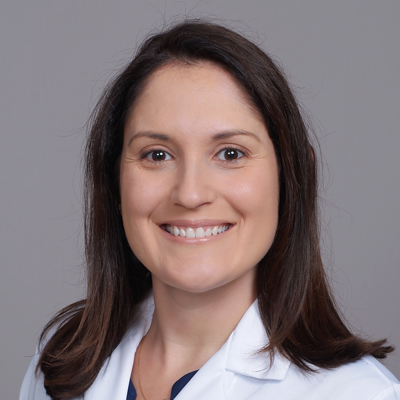Hepatocellular carcinoma (HCC) is a significant concern for patients with advanced chronic liver disease (ACLD) caused by chronic hepatitis C, even after achieving a sustained virologic response (SVR). Researchers developed and validated risk stratification algorithms for de novo HCC development post-SVR. In a derivation cohort of 527 patients with pre-treatment ACLD and SVR to interferon-free therapy, the occurrence of de novo HCC was assessed using alpha-fetoprotein (AFP) and non-invasive surrogates of portal hypertension, including liver stiffness measurement (LSM). The findings were validated in an independent cohort of 1,500 patients with compensated ACLD (cACLD) from various European centers.
During a median follow-up of 41 months, de novo HCC developed in 4.6% of patients with cACLD and 23.1% of decompensated patients. Post-treatment values of AFP, alcohol consumption, age, LSM, and albumin effectively predicted HCC development, with high discriminative ability. These parameters independently provided prognostic information and stratified patients into low- and high-risk groups. The algorithms identified approximately two-thirds of patients as having an HCC risk of less than 1% per year, suggesting that frequent HCC surveillance might not be necessary for this group.
Reference: Semmler G, Meyer EL, Kozbial K, et al. HCC risk stratification after cure of hepatitis C in patients with compensated advanced chronic liver disease. J Hepatol. 2022 Apr;76(4):812-821. doi: 10.1016/j.jhep.2021.11.025. Epub 2021 Dec 3. PMID: 34871626.


